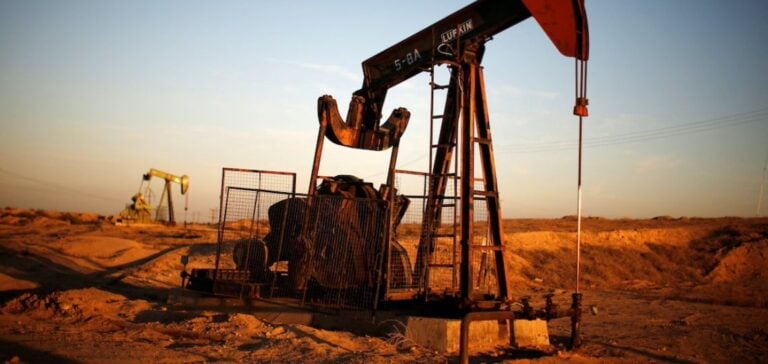Nicolas Maduro, President of Venezuela, has declared the resumption of talks with the United States despite Washington’s persistent sanctions against the Venezuelan oil sector. This announcement comes less than a month before the July 28 presidential election.
Background to the negotiations
Talks between Caracas and Washington had begun secretly last year in Qatar, marked by a prisoner exchange agreement. The United States had then eased certain oil sanctions imposed since 2019, aimed at ousting Maduro from power, before reimposing them in April in response to electoral restrictions against the Venezuelan opposition.
Objectives of the Talks
Maduro insists on the need to respect previous agreements signed in Qatar, and hopes that discussions will be transparent and respectful. He claims that Washington initiated this resumption of negotiations, a proposal accepted by Caracas after two months’ consideration. The Venezuelan government, represented by Jorge Rodriguez, President of the Parliament, and Hector Rodriguez, Governor of the State of Miranda, hopes to reach new agreements guaranteeing Venezuela’s sovereignty and independence.
Impact of US Sanctions
U.S. sanctions are aimed at controlling the Venezuelanoil industry, with considerable economic consequences for the country. Washington has made the lifting of these sanctions conditional on the free participation in the elections of all members of the opposition, a measure denounced by Caracas as illegal interference.
Prospects and challenges
The resumption of negotiations between the two nations could potentially lead to an easing of tensions and economic stabilization for Venezuela. However, Washington’s demands and Maduro’s firm stance on national sovereignty pose significant challenges to achieving a lasting agreement. The next few weeks will be crucial for observing the progress of these talks and their implications for Venezuela’s political and economic future.






















